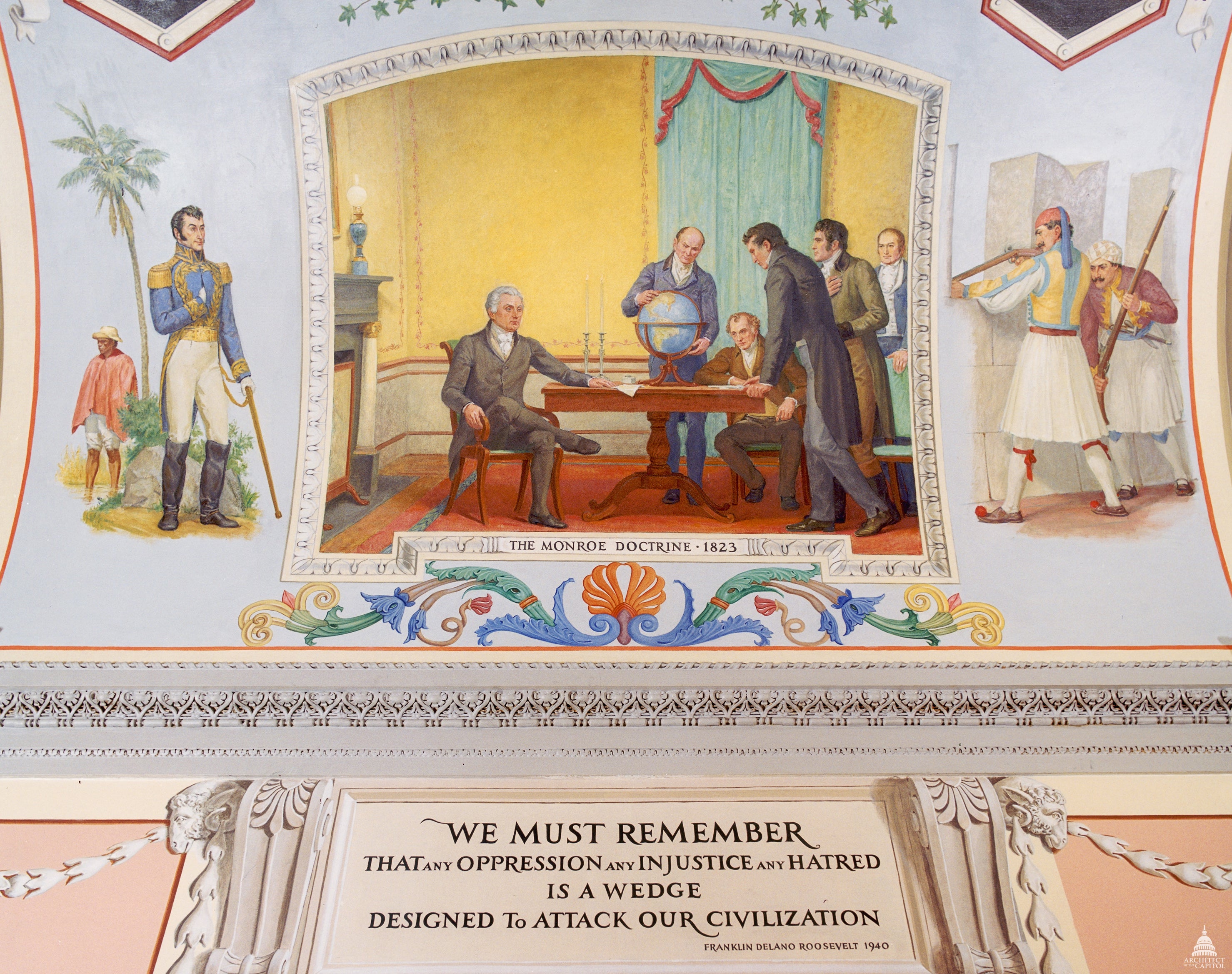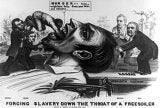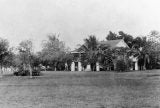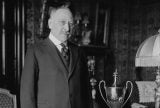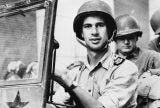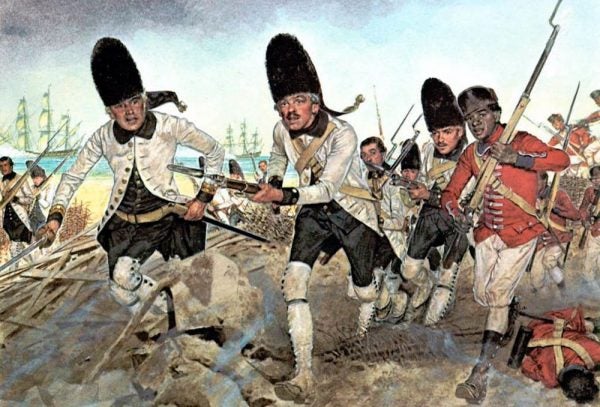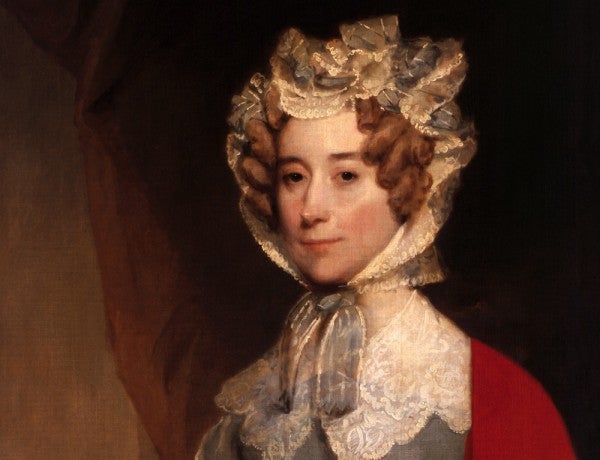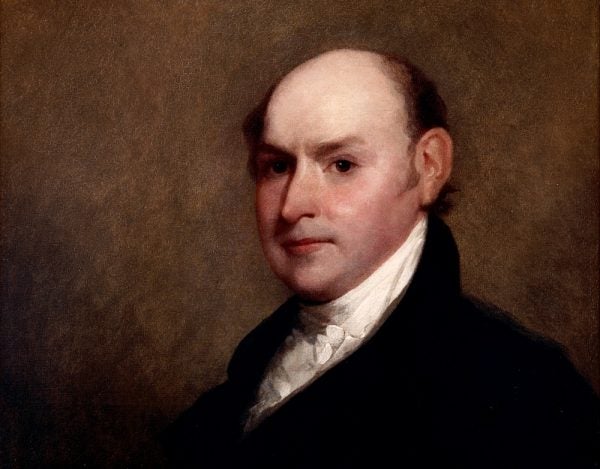Why John Quincy Adams Was the Founder of American Expansionism
An Ardent Believer in National Greatness, the Sixth President Thought America Should Dominate the Hemisphere
As the son of John Adams, John Quincy knew most of the other Founders, including George Washington, and he had an abiding belief in the virtue of their handiwork. Declaring the blessing of American exceptionalism, he announced that the American founding proclaimed “to mankind the indistinguishable rights of human nature, and the only lawful foundation for government.”
Convinced of the special place that America had both in history and in the world of his time, Adams pursued one of the longest public careers in the country’s history, stretching from the …




